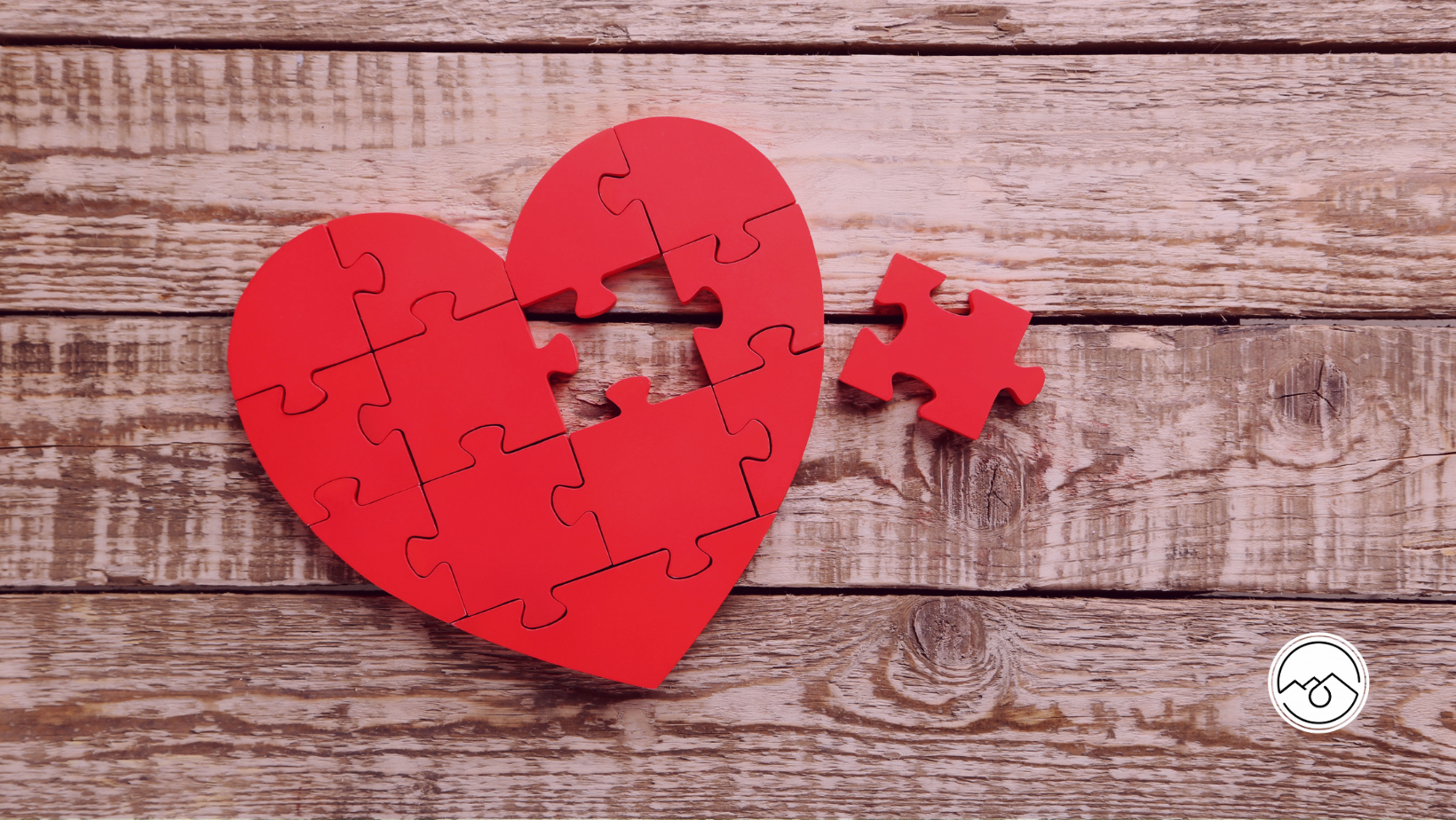Blog Post #30
REJECTION - Remove This
Negative Energy From Your Life
This is blog 30, and today we’re diving deep into a subject that hits many of us hard: rejection.
The Energy of Rejection
Can you feel it? That heavy energy that comes with rejection? It’s like a weight in your chest, making you feel ugh, like “I hate rejection.”
For me, rejection has been a huge theme in my life. It’s been an intense journey, especially over the past few years. I felt the grief of rejection in my lungs. Yes, grief actually resides in your lungs, and it’s been something I’ve been working through, especially since leaving my fitness studio.
I thought it was a step toward freedom, but at the time, I perceived it as rejection. People didn’t agree with my methodology. I rejected myself because I wasn’t able to do everything and experience success, and burnout became my reality. I felt like my best wasn’t good enough.
But here’s the thing—I wasn’t rejecting others; I was rejecting myself.
Rejection Comes from Fear
Rejection, at its core, comes from fear. It’s that belief that we aren’t good enough, that we don’t belong, or that our contributions are worthless. These thoughts are rooted in fear, and fear only brings low energy.
When you think you’ve been rejected, your body reacts. Your nervous system gets triggered, and you enter a fight-or-flight mode. Your energy sinks, and instead of feeling motivated, you feel blocked. This low energy makes you feel like you’re waiting forever for something that never arrives.
We hold onto these beliefs about rejection because we’re afraid of what might happen if we let go of them. We fear what might change, what we might lose. But when we release that fear, we open ourselves up to so much more.
Self-Rejection: The Real Culprit
As I reflect on my own journey, it becomes clear that the biggest rejection isn’t from others—it’s self-rejection. We are our biggest critics. We are the ones who tell ourselves we’re not good enough, that we don’t belong, or that we’ll never be able to achieve our dreams.
That rejection from others is often just a reflection of their own self-rejection. It’s not about us; it’s about them. Their inability to accept themselves gets projected onto us. And if we’re not careful, we start to internalize that rejection, believing it to be true.
The most important thing we can do is to stop rejecting ourselves. Stop telling yourself you don’t belong, stop believing that your gifts aren’t worthy. Your worth is inherent, and it’s not up for negotiation.
A Shift in Perspective
I recently came across a verse in the book of Malachi that asked, "What is your pure offering?" I thought, What am I offering? Is it pure? Am I giving from a place of love, or am I offering a “sickly goat”—something that’s not the best version of me?
It’s easy to think we’re offering the best, but if we’re not offering it from a place of self-acceptance, then it’s not truly pure. When we reject ourselves, we start offering only bits and pieces, hoping for external validation. But true offering comes from a place of wholeness and self-love.
Rejection is a Choice
Here’s the truth: rejection is a choice. It’s a story we tell ourselves. And once we realize that, we can choose differently.
You are unrejected. No one can reject you unless you reject yourself first. Once you begin to accept yourself fully—your flaws, your gifts, your limitations—you free yourself from the power that rejection holds over you.
Healing from Rejection
Rejection has caused deep wounds in many of us, especially in our childhoods. Emotional neglect, lack of connection, and unhealed wounds can create the perception of rejection. But you are no longer that child.
The people who may have rejected you were likely rejecting themselves, too. They projected their fear and insecurities onto you. And once you accept that it was never truly about you, you begin to let go of that rejection.
Stop Pushing on the Pull Door
When you feel rejected, you’re pushing on the pull door. You’re fighting against what you can’t change and holding onto something that’s not serving you. The key is to let go. Pull instead of push.
In my own journey, I’ve seen how fear was holding me back. But once I stopped resisting, the doors I thought were closed started to open.
Taking Personal Responsibility
To heal from rejection, you have to take personal responsibility. Stop blaming others for your feelings of rejection. Ask yourself, What am I offering to the world? Am I offering the “sickly goat,” or am I giving my purest offering?
Your worth is not based on others’ opinions of you. It’s based on your intrinsic value. You are whole, loved, and accepted just as you are.
The Answer: Self-Acceptance
The solution to rejection is self-acceptance. You have to learn to accept yourself fully, without apology. When you do that, you’ll find that the people who truly matter will accept you too.
Rejection is no longer something that controls you. You are worthy of love, worthy of belonging, and worthy of all the opportunities life has to offer.
Final Thoughts: You Are Whole, Loved, and Accepted
No one can reject you unless you reject yourself. It’s time to release rejection, stop living in fear, and start living in love. Your offerings, your gifts, and your voice are pure and valuable. When you embrace that, everything changes.
Remember, you are enough. The more you accept yourself, the more others will do the same.
Take a deep breath, let go of the rejection, and start living in alignment with your true self. You are whole, loved, and accepted, and the world is waiting for you to show up as your true self.
Takeaway: Rejection is a story you tell yourself. Stop rejecting yourself. Accept your worth and stop pushing against the pull door. Let go of fear, embrace love, and step into the life you deserve.
Note: You can access the full blog content in audio versions on Spotify and YouTube. Happy listening! 🎧
#stressrelease #traumarelease #stressrelief #somatichealing #sympatheticnervousystem #rest #relaxation #overstimulated #traumahealingjourney#nervoussystemhealing #overwhelmed #exhausted #restless #somatic #nervoussystemregulation












